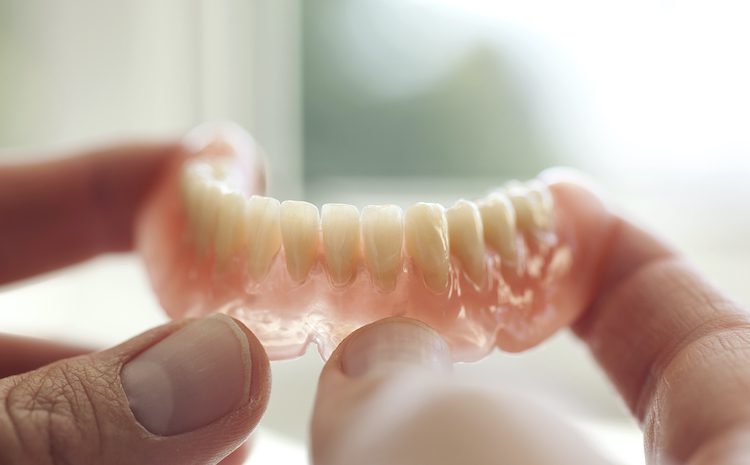Dentures play a vital role in restoring the function and appearance of your smile after tooth loss. Over time, however, even the best-made denture can become worn, uncomfortable, or less effective. Knowing when it’s time to consider a replacement is essential for maintaining your oral health and quality of life. If you’re experiencing persistent issues with your current dentures, it might be a sign that it’s time for an update.
Changes in Fit and Comfort
One of the most obvious signs that your denture may need to be replaced is a change in the way it fits. Natural changes in the shape of your gums and jawbone over time can cause your dentures to become loose or unstable. This can lead to sore spots, irritation, or difficulty keeping them in place. If you find yourself frequently using adhesive or constantly adjusting your dentures throughout the day, it’s likely they no longer fit as they should. Ill-fitting dentures not only affect comfort but can also impact your ability to chew and speak clearly.
Visible Damage or Wear
Dentures, like any prosthetic device, will show signs of wear and tear after years of daily use. Cracks, chips, and worn-down teeth on your denture can affect both appearance and functionality. Even small fractures can become bigger issues if left unaddressed. If your dentures look significantly different from when they were first made or show obvious signs of aging, it’s wise to consult your dentist. While minor repairs may be possible, excessive wear often signals the need for a new set.
Persistent Bad Breath or Taste
If you’re noticing a constant bad taste in your mouth or bad breath that doesn’t go away with proper cleaning, your dentures could be part of the problem. Over time, microscopic cracks and worn surfaces can harbor bacteria, making them difficult to fully sanitize. This can lead to ongoing odor issues, gum infections, or other oral health problems. A denture that’s become difficult to clean effectively is not only unpleasant but potentially harmful.
Difficulty Chewing or Speaking
Dentures are meant to help restore natural function, so when they start hindering rather than helping, it’s a clear red flag. Struggling to chew foods you once had no problem with or experiencing frequent slippage while eating may mean your denture is no longer doing its job. Similarly, if your speech has changed, it could be due to a denture that no longer fits properly. These functional issues can significantly affect your day-to-day life and overall confidence.
Gum Irritation and Sores
Constant discomfort, sore spots, or inflammation in your mouth can be a sign that your dentures are rubbing against your gums or not sitting as they should. While occasional irritation can happen with new dentures or minor changes in your mouth, ongoing issues suggest the dentures may need to be adjusted or replaced. Left untreated, chronic irritation can lead to more serious oral health concerns, including infections and bone loss.
Changes in Facial Appearance
Dentures do more than replace missing teeth, they also provide structure to your face. Over time, if your dentures no longer fit well, you may notice subtle but significant changes in your appearance. Sunken cheeks, sagging around the mouth, or a collapsed look in your jawline can all indicate that your dentures are no longer supporting your facial muscles properly. A well-made denture should help maintain your natural facial profile, so any dramatic changes in appearance are worth investigating.
When to See Your Dentist
If you’ve noticed any of these issues, it’s important not to ignore them. Advances in materials and design mean that today’s dentures are more comfortable and natural-looking than ever. Upgrading your set could significantly improve your quality of life. Contact Dr. David Weinstock today to schedule a consultation and see if a new denture could benefit your smile.

